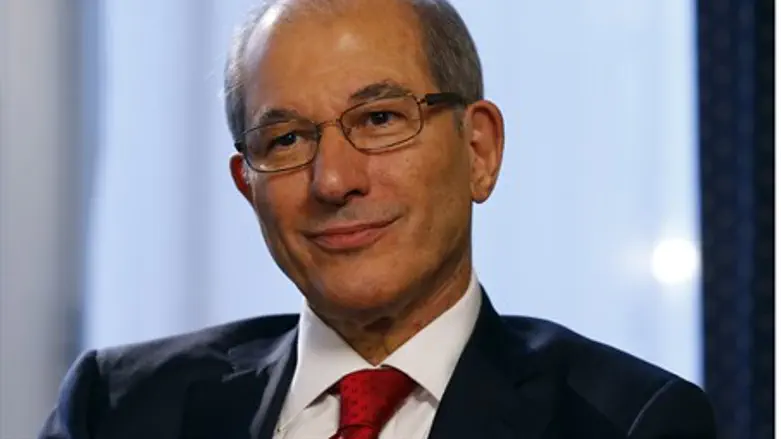
The operation to remove Syria’s chemical arsenal has suffered another setback, with the head of the Organization for the Prohibition of Chemical Weapons (OPCW) saying Thursday that the removal and destruction of the most dangerous agents in Syria's chemical arsenal will likely be delayed.
According to Reuters, OPCW head Ahmet Uzumcu explained that the delay is due to security and logistical problems. At the same, he stressed that the final deadline of the end of June for eliminating all chemicals remains.
The goal for eradicating mustard gas and principal chemical components for making Sarin and VX - known as "priority A" chemicals - was originally the end of March, noted Reuters.
Syria has already missed a December 31 goal to transport the most toxic substances to a port and so far has loaded only a relatively small amount of chemicals - around five percent, according to a senior Western diplomat in New York - onto the Danish cargo ship Ark Futura.
Uzumcu said he was "confident" that all the chemicals could be destroyed by the end of June - the original deadline for the complete elimination of Syria's chemical weapons program and associated agents.
When asked whether the March 31 destruction deadline for the priority chemicals would be met, Uzumcu said, according to Reuters, "As we were not able to meet the timeline for the 31st of December ... from my point of view what is important is really the end of June 2014, so we will do our best to meet it."
The OPCW later released a statement saying Uzumcu had confirmed while speaking in Rome that he "remains confident the deadline of 30 June 2014 for destroying Syria's entire arsenal of chemical weapons can be met."
The international operation to destroy Syria’s stockpile of deadly chemicals is a joint Russian-U.S. Syrian chemical plan that was endorsed by the UN Security Council in September.
The resolution was a last-minute measure to prevent an American strike on Syria in retaliation for the regime's alleged use of chemical weapons in an attack on a Damascus suburb in August that left hundreds dead.
The OPCW is overseeing the destruction of the Syrian arsenal as part of this international accord.
Several countries have joined the operation, the latest one being Britain, which said this week it would give the United States specialist equipment and training to help it destroy Syria's chemical weapons arsenal more quickly.
Chemical weapons were likely used in five out of seven attacks investigated by UN experts in Syria, where a near three-year year civil war has killed more than 100,000 people.
The Syrian government and the opposition have accused each other of using chemical weapons, and both have denied it.
